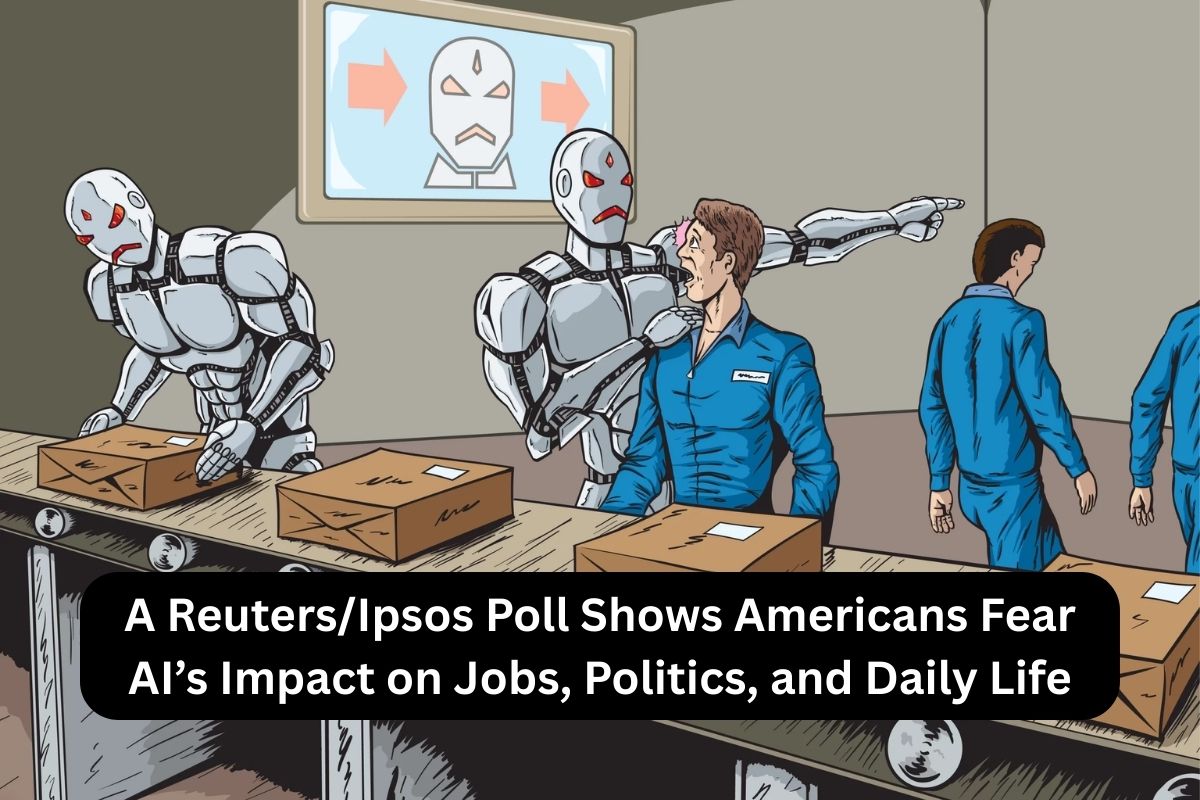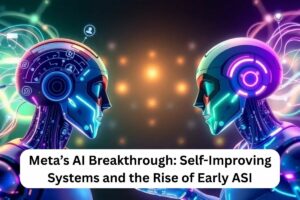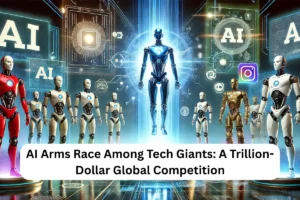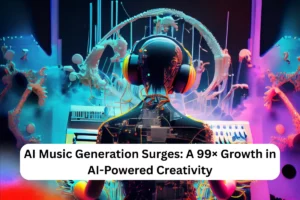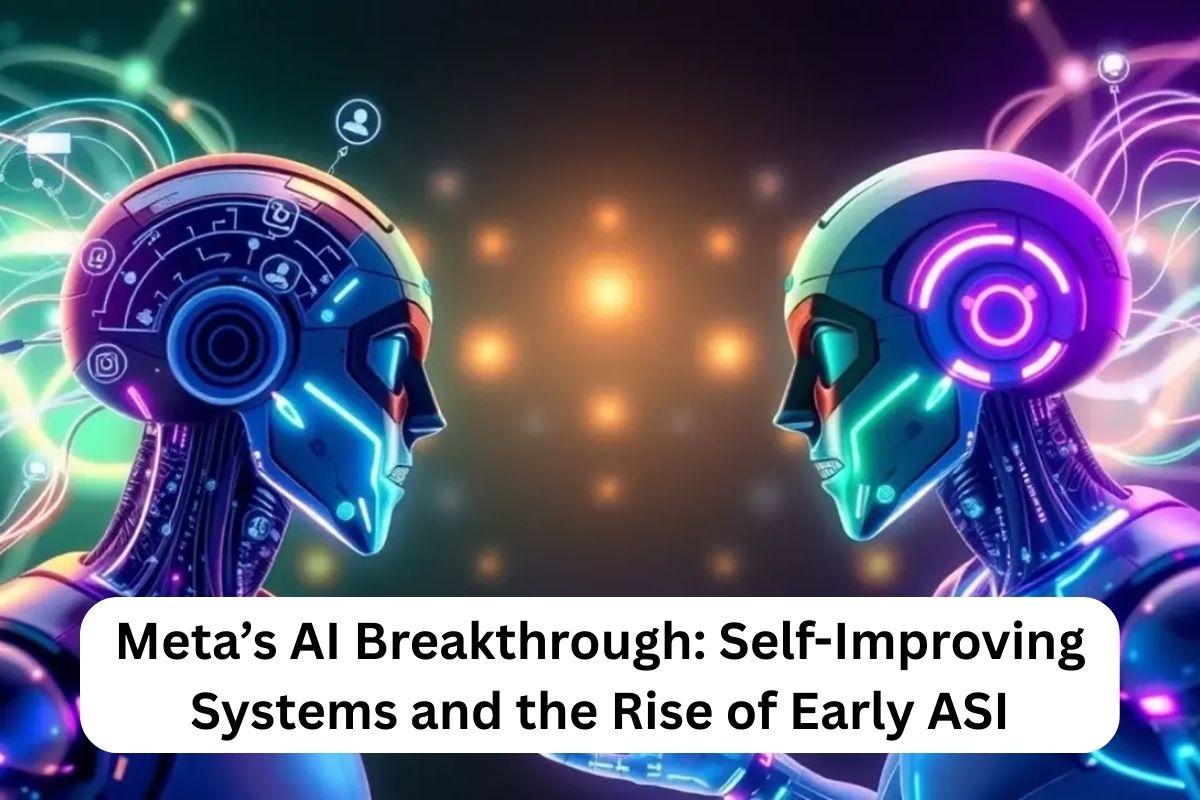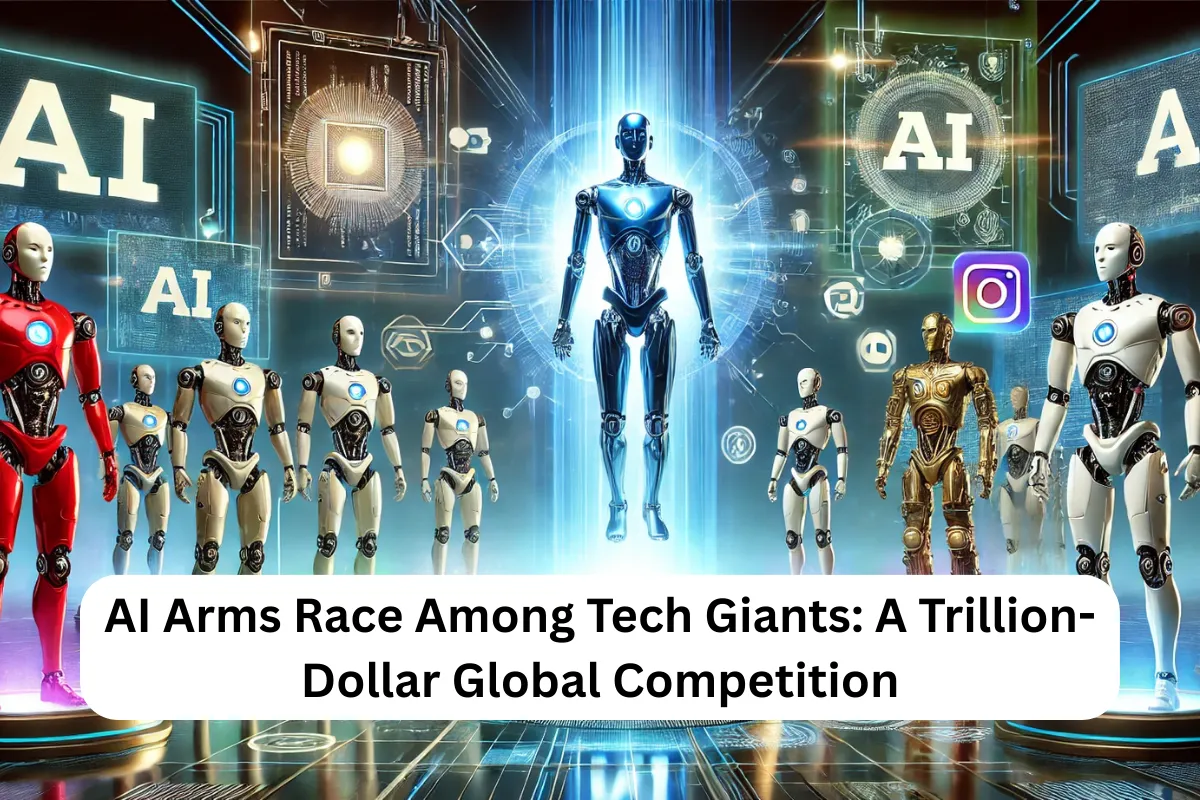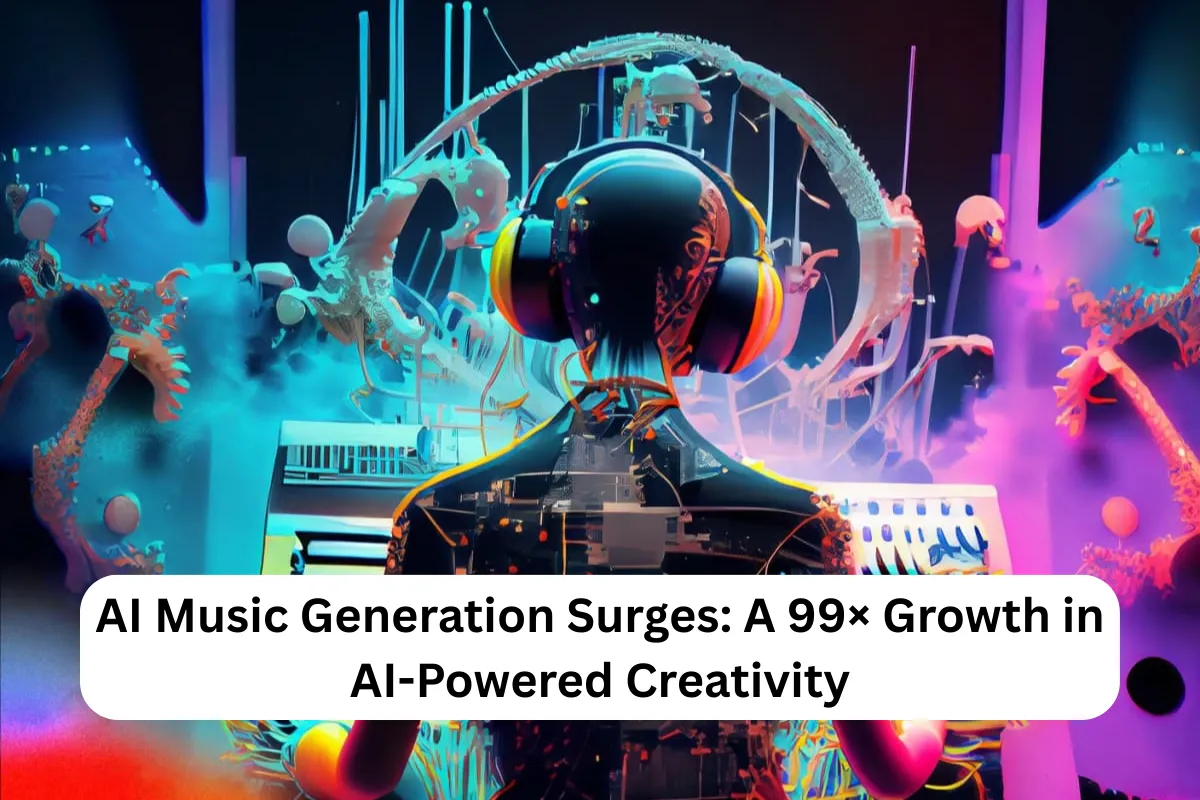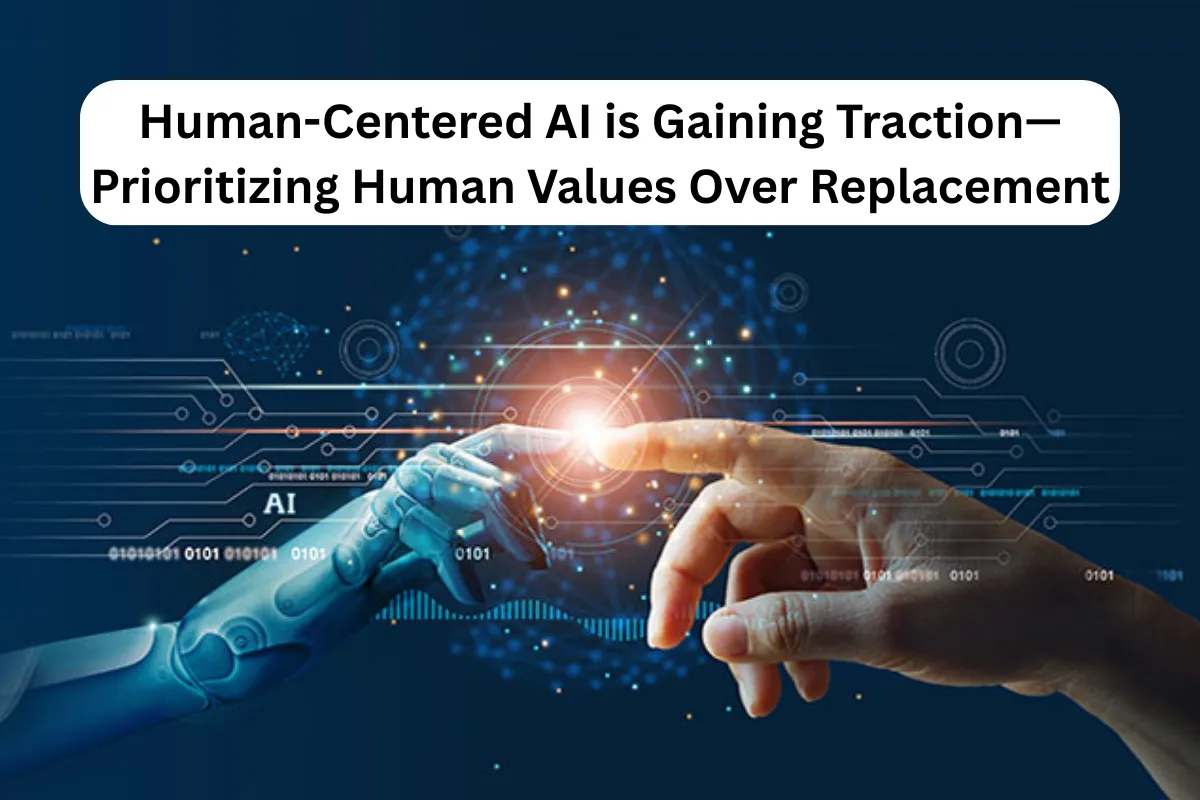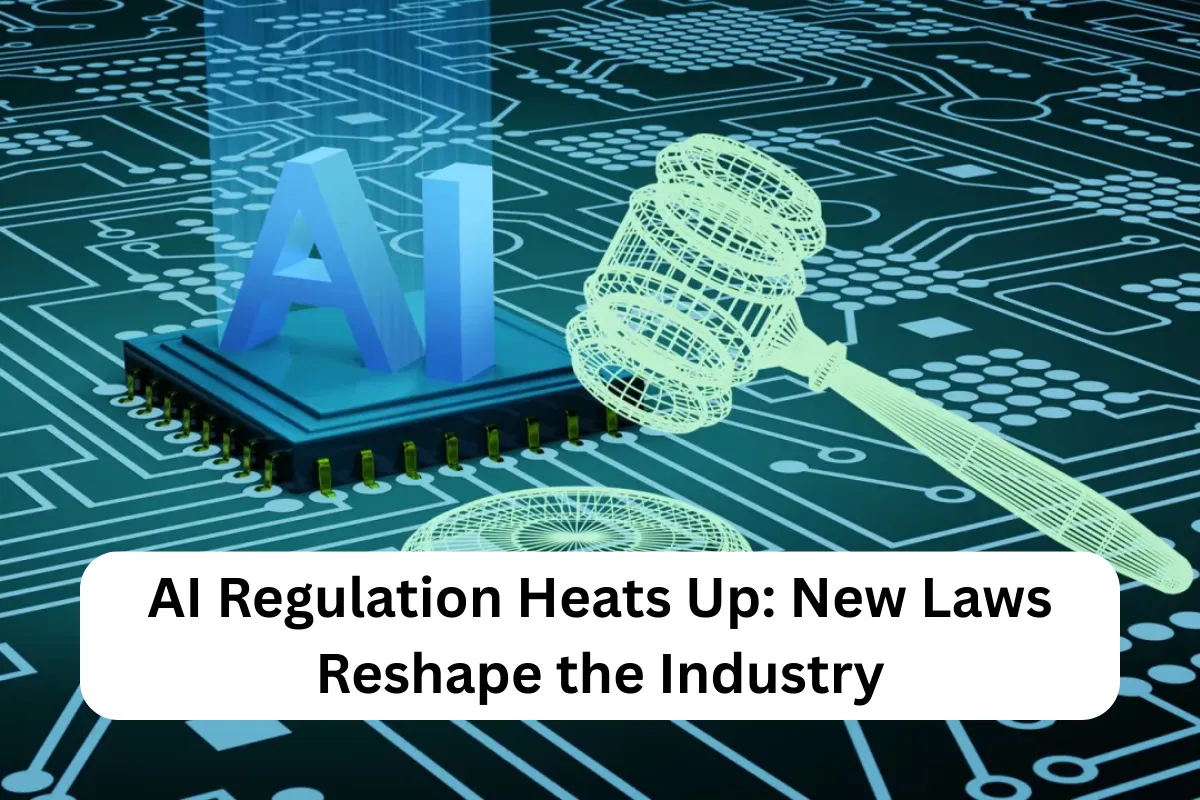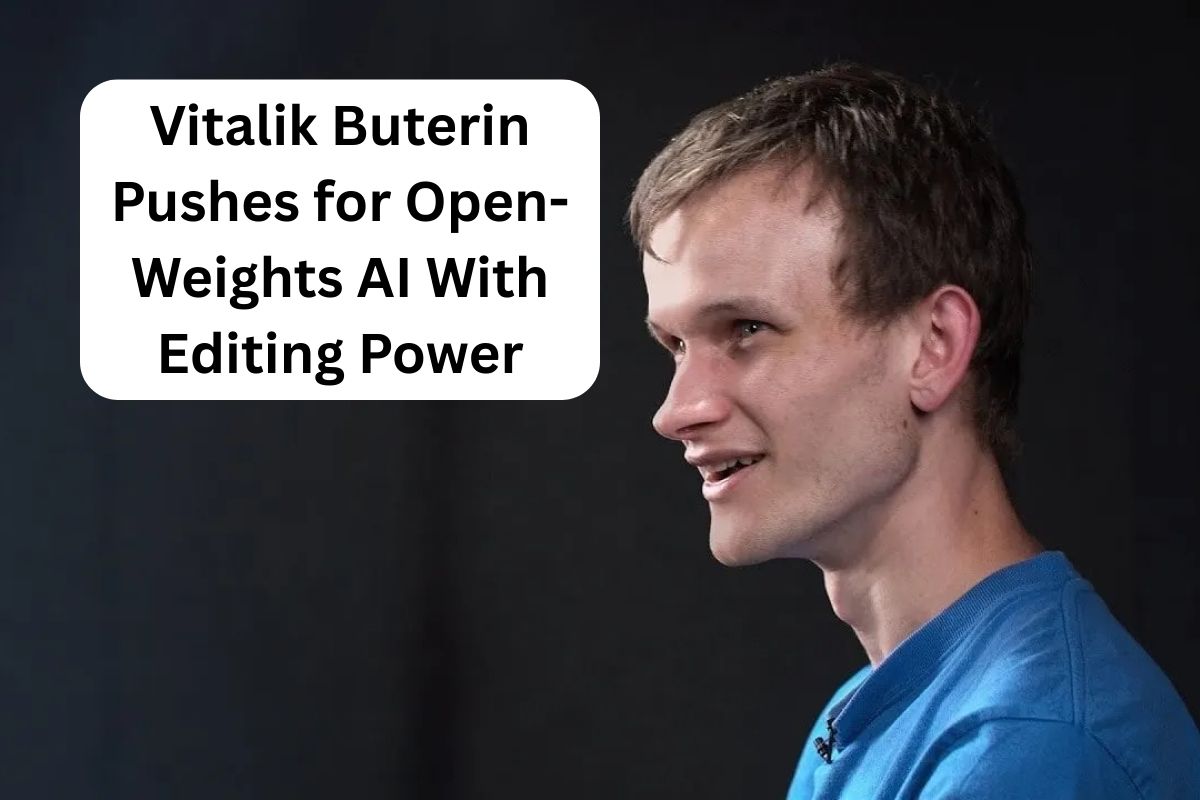Artificial Intelligence (AI) is advancing faster than ever, promising innovation across industries. But for many Americans, excitement is giving way to worry. A Reuters/Ipsos poll reveals that 71% of people in the U.S. fear AI could permanently displace jobs, sparking widespread debate about the future of work, governance, and social stability.
The poll also uncovered deep anxieties about political disinformation, rising energy use, and even the emotional toll of AI-powered companions. These findings show that AI isn’t just a technical challenge—it’s a societal one.
Job Displacement: The Top Concern
When industrial robots entered factories decades ago, workers feared for their livelihoods. Today, AI poses an even bigger threat because it doesn’t just perform repetitive tasks—it can handle complex knowledge-based work. From writing reports to analyzing medical scans, AI tools are competing with humans in areas once considered untouchable.
According to the survey, nearly three-quarters of respondents believe these changes could permanently alter job markets. Many worry that even if new jobs emerge, they won’t keep pace with the ones being lost, leaving workers without stable career paths.
Experts warn that without strong retraining programs and policies, AI could deepen inequality and limit opportunities for future generations.
Political Disinformation and Democracy

Another rising fear is how AI might disrupt democracy itself. With generative AI tools capable of creating realistic fake news, images, and videos, many Americans worry about misinformation flooding social media during elections.
Deepfakes and AI-driven propaganda could blur the line between truth and lies, undermining trust in institutions. If left unchecked, this could destabilize political systems and polarize societies even further.
The Environmental Cost: AI and Electricity Usage
Beyond politics and jobs, people are also concerned about AI’s massive appetite for energy. Training large AI models requires enormous amounts of computing power, which translates into higher electricity use and greater environmental impact.
For a country already grappling with climate change, the idea of AI worsening the problem has struck a chord with environmentally conscious citizens.
The Emotional Impact of AI Companions
One of the more surprising concerns revealed in the poll relates to the emotional effects of AI companions. With chatbots and virtual friends becoming more advanced, some fear people may grow overly attached to machines.
While AI companions may reduce loneliness, critics argue they could also weaken human-to-human relationships, making people more isolated in the long run. The ethical question is clear: should machines play such a deep role in our emotional lives?
Balancing Innovation with Governance
AI governance is now one of the most urgent challenges facing policymakers. On one hand, innovation in AI promises to boost productivity, fuel economic growth, and solve complex global problems. On the other, unchecked development could harm jobs, democracy, and even mental health.
Experts argue that the solution lies in balanced regulation—creating safeguards around misinformation, ensuring transparent data use, and funding retraining programs to protect workers. Governments worldwide are already drafting AI laws, but implementation remains slow compared to the pace of technological change.
Moving Forward: Building Trust in AI
The Reuters/Ipsos poll shows a clear reality: Americans don’t just want smarter AI—they want trustworthy AI. Addressing public concerns is critical for ensuring that technological progress doesn’t come at the cost of social stability.
By focusing on responsible governance, ethical development, and inclusive policies, AI can serve as a tool for empowerment rather than a source of fear. But unless governments and businesses act quickly, the divide between AI’s promise and public trust will only widen.
Faqs
1. Why are Americans worried about AI taking jobs?
A Reuters/Ipsos poll shows that 71% of Americans fear AI could permanently displace jobs. Unlike past technologies, AI can perform complex tasks across multiple industries, raising concerns about long-term job security.
2. Will AI create new jobs to replace the ones lost?
Experts believe AI will generate new roles in fields like data science, AI development, and cybersecurity. However, the pace of job loss may outstrip the creation of new opportunities, leaving many workers behind without retraining programs.
3. How does AI contribute to political disinformation?
AI can create realistic deepfakes, fake news articles, and targeted propaganda. These tools may spread misinformation during elections, undermining trust in democracy and institutions.
4. Why is electricity usage a concern with AI?
Training advanced AI models requires massive computing power, which consumes large amounts of electricity. This raises environmental concerns, especially as the world faces climate change challenges.
5. What are AI companions, and why are they controversial?
AI companions are chatbots or virtual assistants designed to interact with people emotionally. While they can reduce loneliness, critics argue they may weaken real human connections and create dependency on machines.
